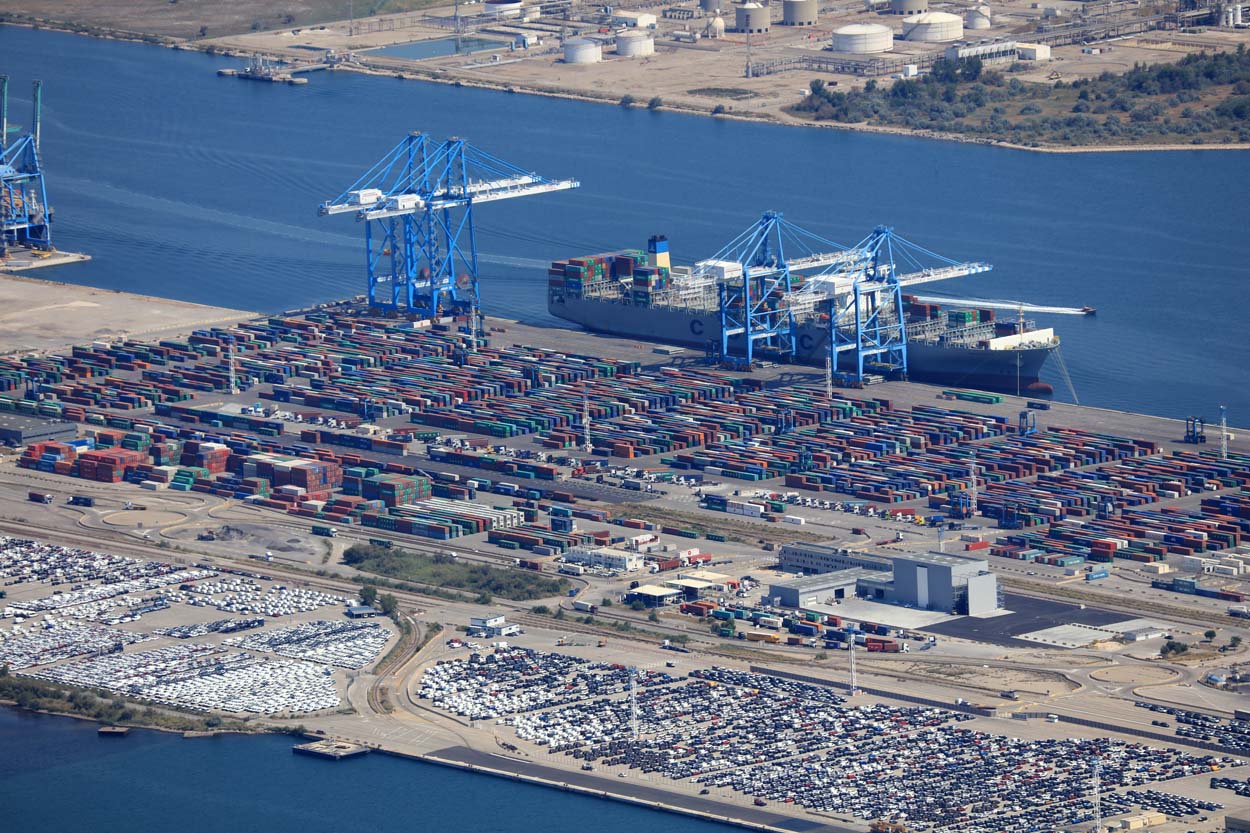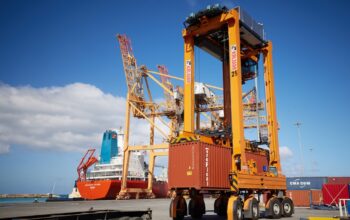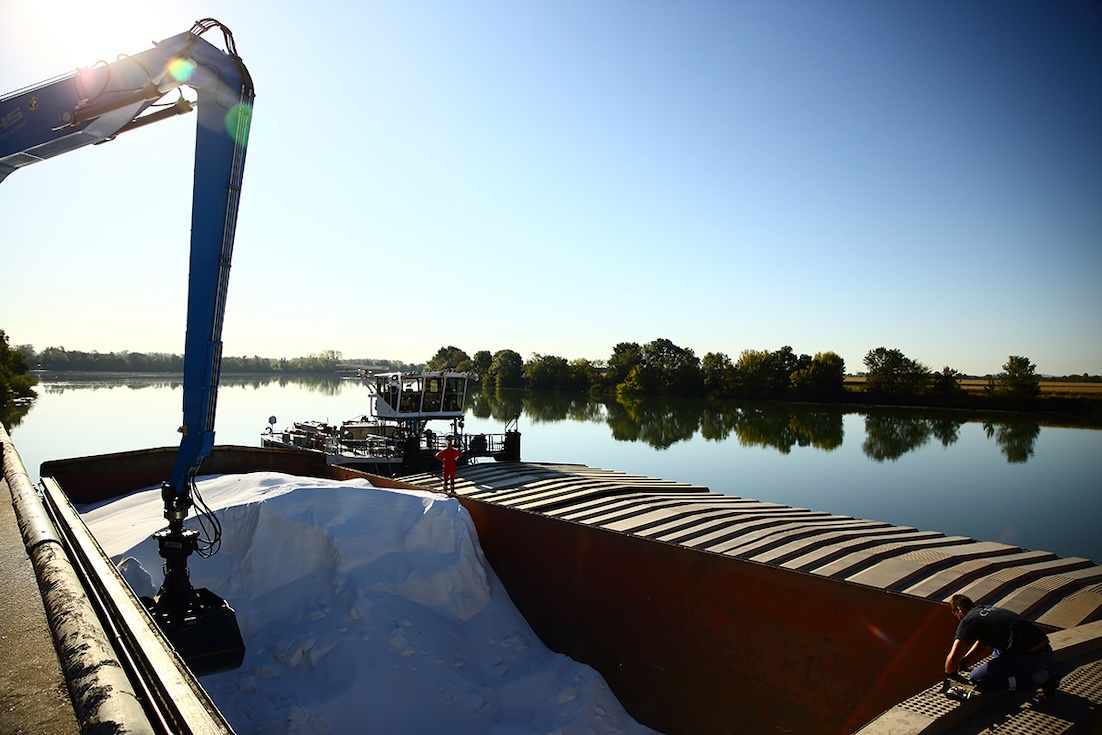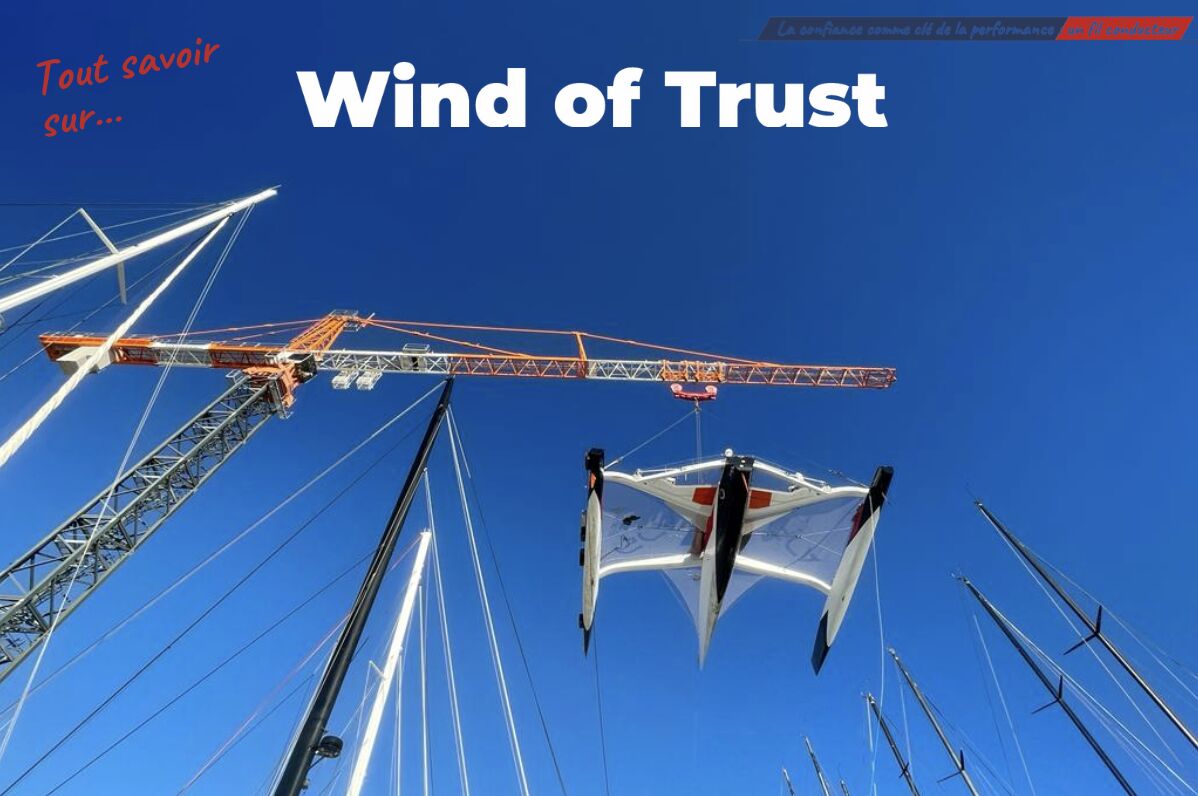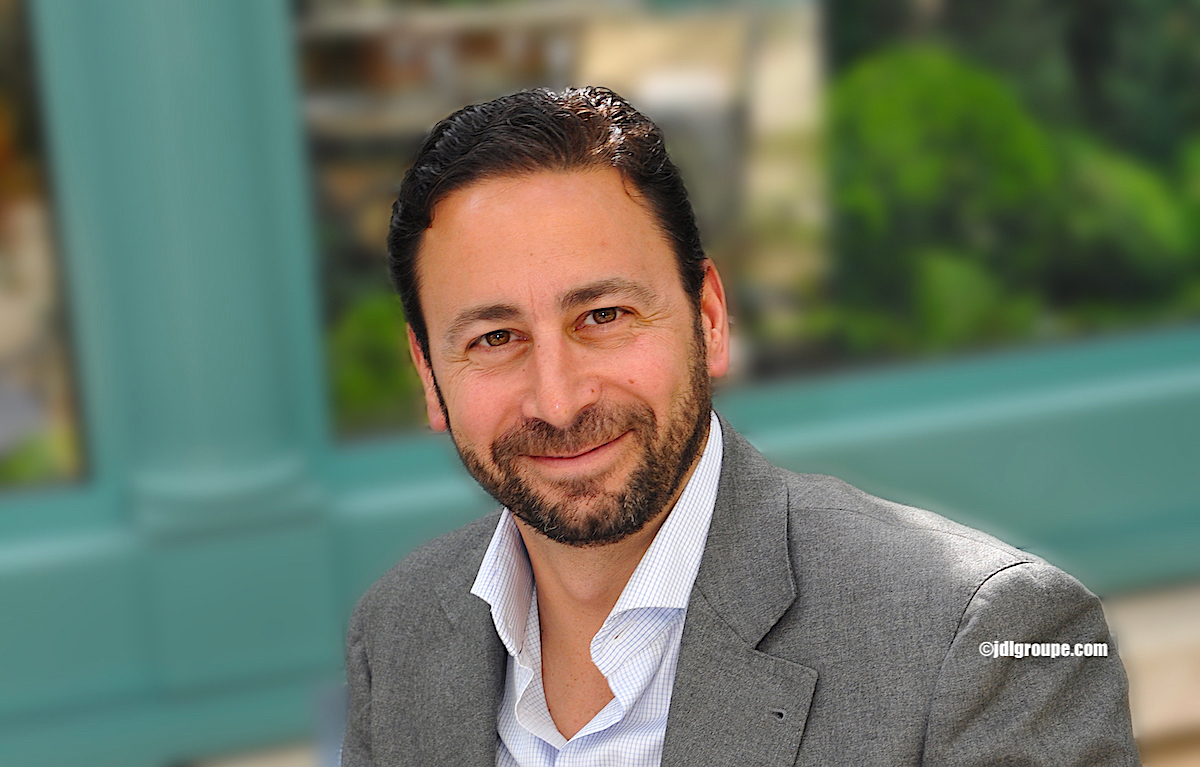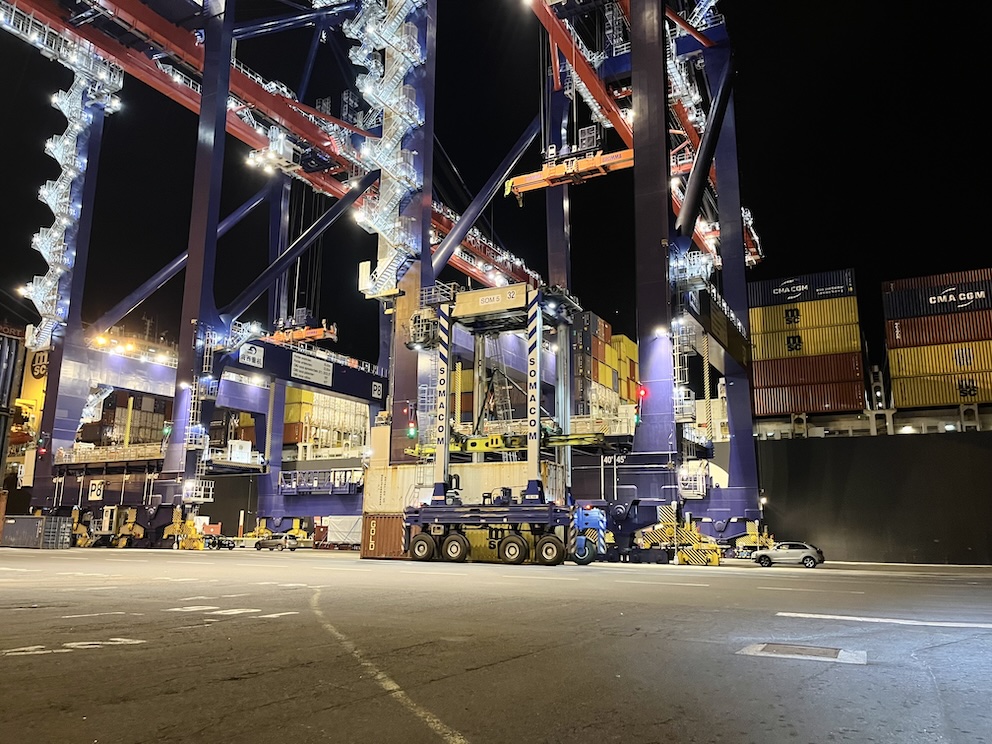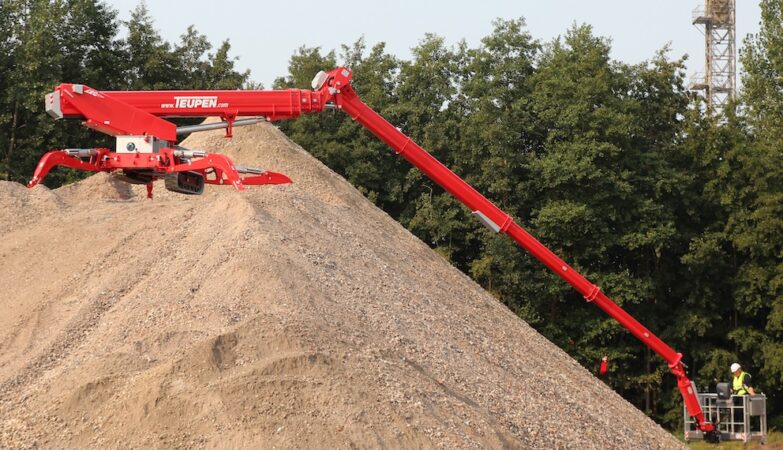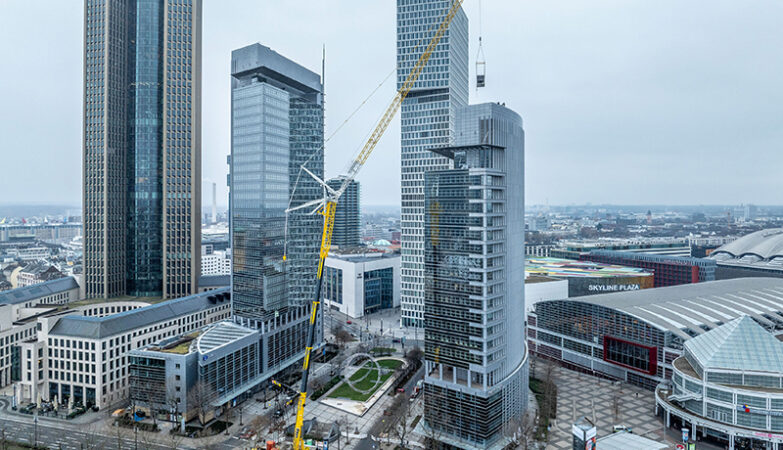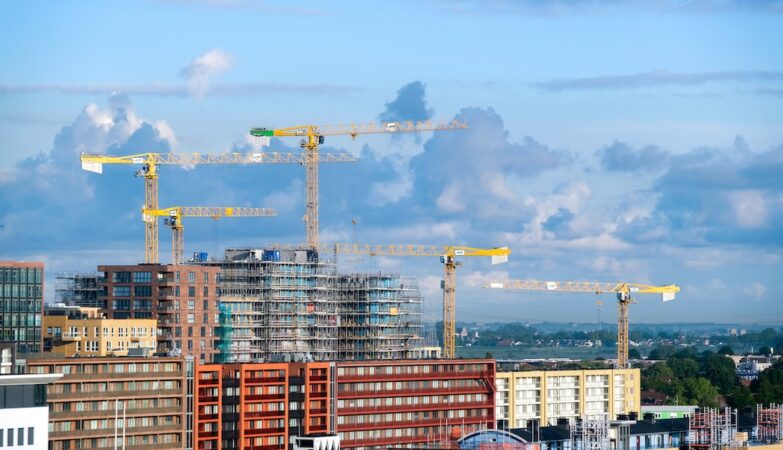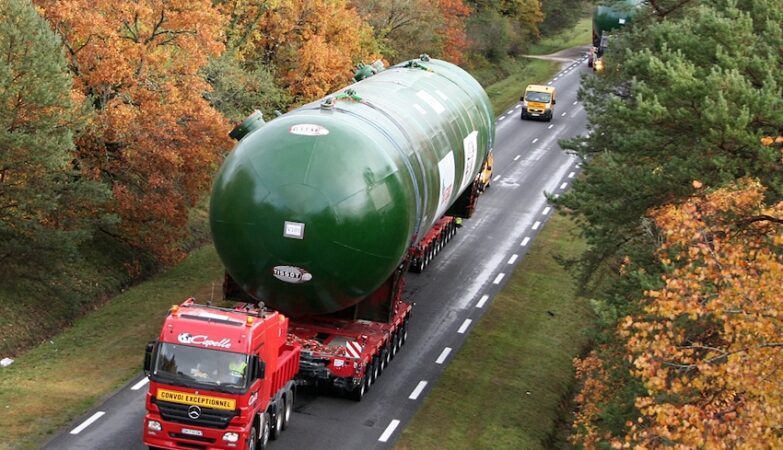With overall traffic of 72Mt, the Port of Marseille Fos achieved sales of €210.5M, up by more than 10%. Investments have risen sharply to 76M€, compared with 60M€ in 2022. The port is committed to a policy of reindustrialization. In 2023, €46 million was invested in the Port's development, including €1.6 million in projects linked to the energy transition and decarbonization, €10.7 million in the development of maritime activities and €3.4 million to prepare for major projects. For 2024, these investments are further reinforced with a budget of €118M, including €57M for the development of the ecological transition and decarbonization, €31M for the development of maritime activities and €30M to modernize port infrastructures.
New industries
The reindustrialization of the port involves the development of new industries linked to decarbonization. The Carbon project aims to build a photovoltaic panel gigafactory, with commissioning scheduled for 2025-2026. The H2V project, involving the installation of several units for the production of hydrogen by electrolysis of water, has been submitted for public consultation. It calls for the construction in two phases of six units with a total capacity of 600 MW, and aims to produce 84,000 tonnes of low-carbon hydrogen a year, for use by industries in the Fos-sur-Mer industrial port zone.
Lastly, the GravitHy project involves the construction of a low-carbon pre-reduced iron production plant, and was the subject of a public consultation launched in November 2023. GravitHy plans to produce 2 million tonnes of pre-reduced iron ore (DRI) annually, using hydrogen obtained by on-site water electrolysis, and thus avoid 90% of greenhouse gas emissions compared with the traditional process.
At the same time, the port has decided to support the implementation of an offshore wind energy deployment project called DEOS, by positioning itself as a reference hub in the Mediterranean. This involves building an 80-hectare platform with 1,000 meters of high-capacity quay in Fos-sur-Mer, as well as a floating storage area, to enable industrial developers to meet their deployment ambitions in the Mediterranean and a strategy of national sovereignty.

